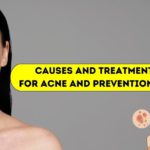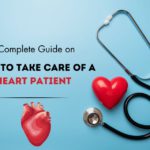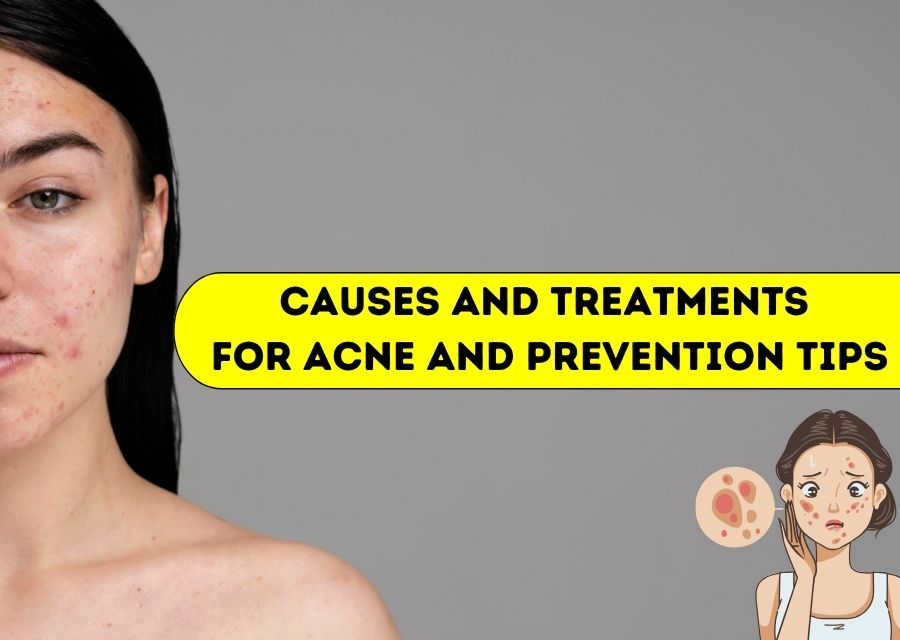Acne. Just the word can conjure up images of frustrating pimples and stubborn blemishes. But beyond aesthetics, acne can significantly impact your self-confidence and overall well-being. If you’re one of the millions grappling with acne, you’re not alone. This common skin condition affects people of all ages, and understanding its causes and treatments is key to achieving clear, healthy skin. providing valuable insights from renowned dermatologists and cosmetologists
Why Should You Care About Acne?
Acne isn’t just a cosmetic concern. It can be emotionally taxing, leading to anxiety and social withdrawal. Breakouts can also leave lasting scars, creating a cycle of frustration. By taking control of your acne, you’re not just treating your skin; you’re investing in your confidence and overall well-being.
What We’ll Cover Today
In this blog, we’ll explore the world of acne, exploring:
- The root causes of breakouts
- Effective treatment options, from dermatologist-prescribed medications
- Practical tips for preventing future breakouts
By the end of this blog, you’ll be able to fight acne with the knowledge and support you need to achieve a clear, confident skin tone.
Understanding the Cause of Outbreaks
Acne arises from a combination of factors. Here’s a breakdown of the key culprits:
Excess Oil Production: Our skin naturally produces sebum, an oily substance that helps keep our skin hydrated and protected. However, hormonal fluctuations, particularly during puberty or due to conditions like polycystic ovary syndrome (PCOS), can trigger an overproduction of sebum. This excess oil clogs pores, creating an environment for bacteria to thrive.
Dead Skin Cells: Normally, skin cells turn over and shed naturally. But sometimes, this process goes awry. Dead skin cells build up on the surface of the skin and can clump together, forming plugs that clog pores. These clogged pores are more prone to breakouts.
Bacteria: A specific type of bacteria, Propionibacterium acnes (P. acnes), lives naturally on our skin. When pores become clogged with excess oil and dead skin cells, P. acnes bacteria multiply rapidly. This overgrowth triggers inflammation, leading to the development of pimples, which can range from mild whiteheads to painful cysts.
Treatments for Acne
There are several treatments available for acne, ranging from over-the-counter creams and gels to prescription medications. A cosmetologist or dermatologist can recommend the best treatment based on the type and severity of the acne. Treatments may include topical retinoids, antibiotics, or, in some cases, isotretinoin for severe acne.
- Gentle Cleansing: Wash your face twice daily with a gentle cleanser and lukewarm water. Avoid harsh scrubbing, which can irritate your skin.
- Oil-Free is Key: Opt for oil-free moisturizers and non-comedogenic makeup that won’t clog your pores.
- Hygiene Matters: Wash your hands frequently and avoid touching your face throughout the day.
- Diet: While there’s no single “acne diet,” some studies suggest limiting sugary and processed foods may be helpful.
The Final Step: Professional Help When You Need It
If your acne is stubborn or causing significant problems, it is important to see a dermatologist. A dermatologist can develop a personalized treatment plan based on your specific needs and provide ongoing support to help you achieve clear, healthy skin.
Conclusion
Acne is a common skin condition, but with the right knowledge and care, it can be effectively managed. Consulting with a dermatologist or cosmetologist can provide personalized advice and treatment options.
For those in the Ambegaon (BK), Pune area, consider booking an appointment at the Padalkar Multispeciality Hospital for skin treatment. Their team of experts can provide comprehensive care for your skin, helping you achieve a clear and healthy complexion. Visit them today to start your journey towards acne-free skin.





